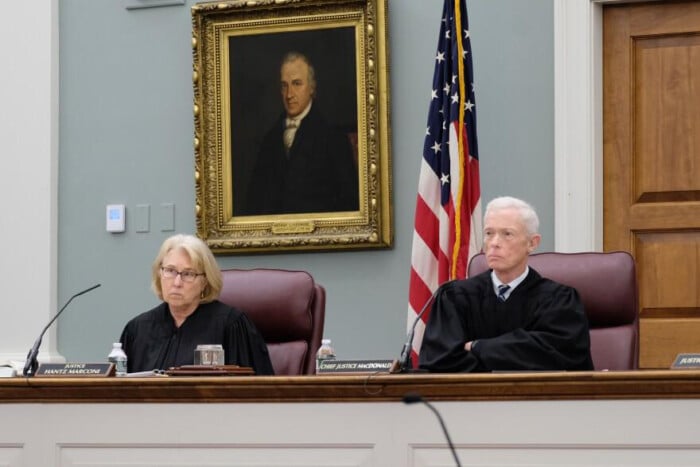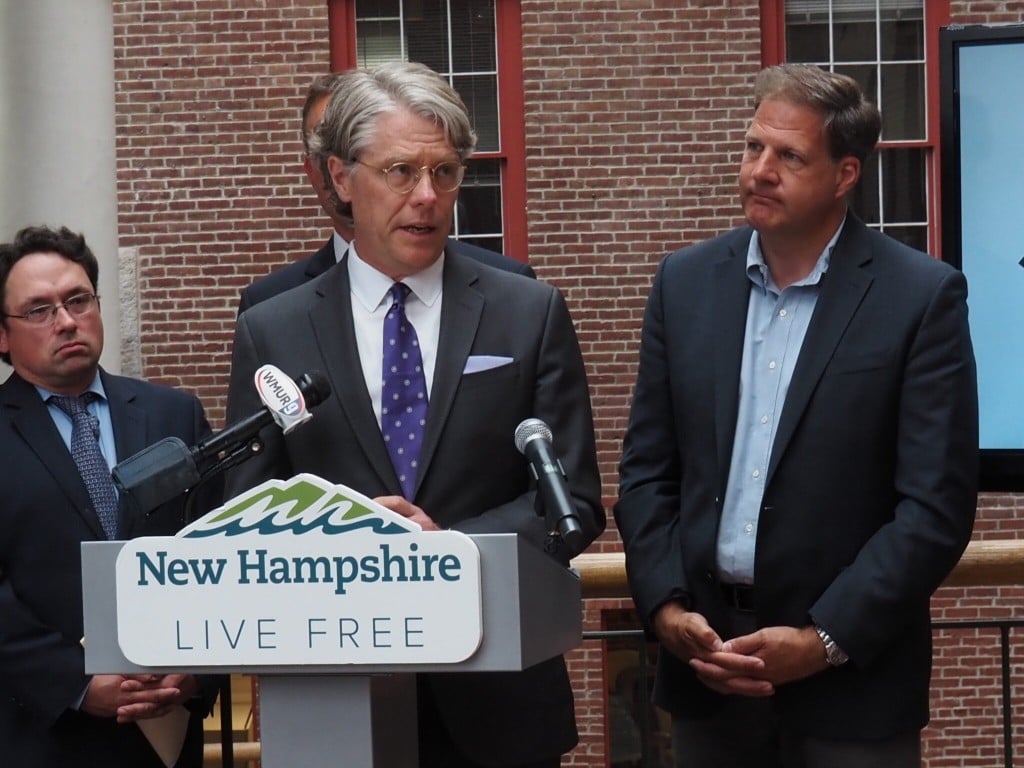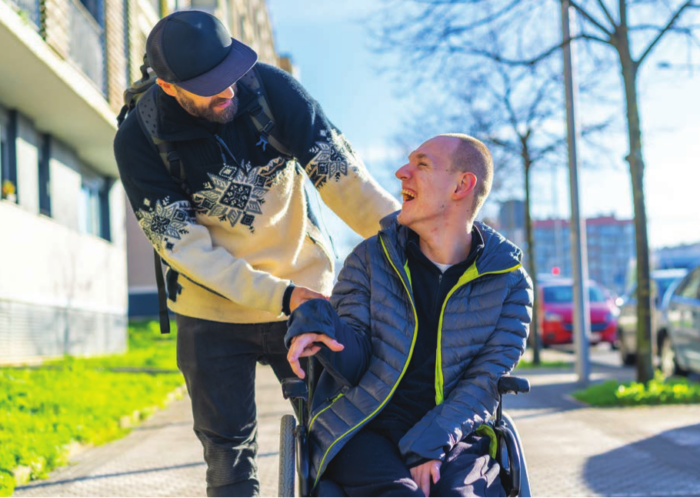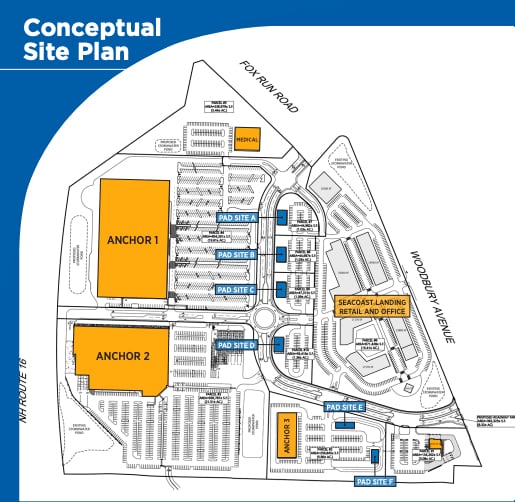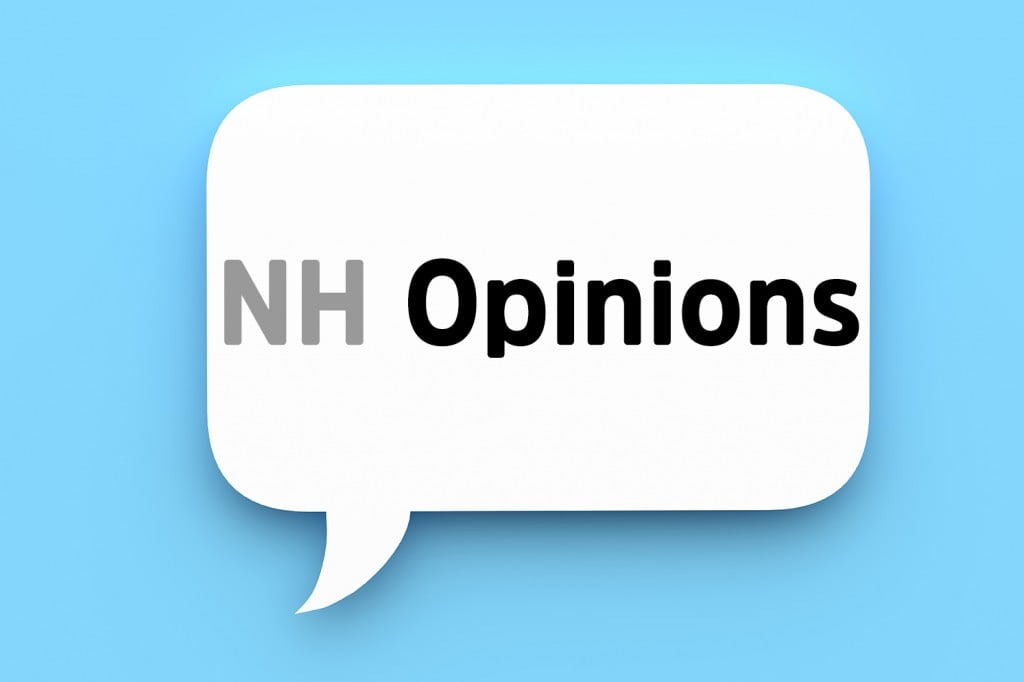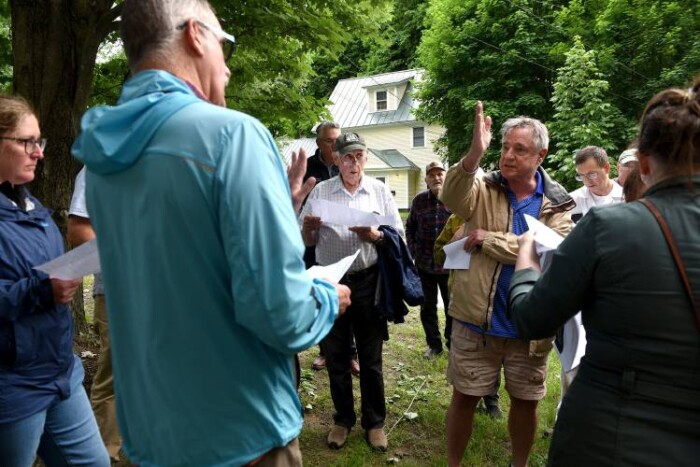Nashua’s drug court offers an alternative to incarceration, treatment
With about a 60% success rate, drug court programs are considered the most successful form of criminal justice intervention
For the past decade, the Hillsborough County Superior Court-South’s Adult Drug Court has offered an alternative to incarceration and the chance for individuals to receive treatment and expunge their records.
“Drug court is a very specialized docket in the superior court for [high-risk and high-need] felony offenders where traditional methods of criminal justice have not worked,” said Hillsborough County Superior Court Justice Jacalyn Colburn.
High-risk and high-need individuals are those who are determined to be at a high risk to reoffend and have a high need for moderate to severe substance misuse services.
An alternative to incarceration with about a 60% success rate, drug court programs are considered the most successful form of criminal justice intervention for this population.
“When a court follows best evidence practices, they will have twice as good a return on outcomes as traditional criminal justice [practice],” Colburn said.
For following such practices, Hillsborough County Superior Court-South’s Adult Drug Court was one of only 10 drug courts around the country recognized as a national mentor court in late 2021 by the National Association of Drug Court Professionals (NADCP) and the U.S. Department of Justice.
Mentor courts are selected for a two-year term in which they will mentor courts that are learning the drug court model or have been struggling with some of their practices. They have since been extended into 2025.
Drug Courts in New Hampshire have been fully funded statewide as the result of a 2016 bipartisan legislative effort to combat the opioid epidemic.
Priscilla’s story
“A typical participant looks something like someone who has been to prison and, or jail … and continues to recidivate after release, and at the same time never gets to a prolonged period of abstinence in terms of their substance use disorder,” Colburn said.
This was the case for Priscilla Matos, a Nashua native who started the program in 2017.
“I basically used [substances] from when I was 13 to 25, so I never had a period where I wasn’t using a substance,” Matos said.
After a period of incarceration and then probation, it wasn’t long before Matos reoffended.
“My lawyer informed me of the recovery court treatment process and offered it to me, and while you’re sitting in jail, being let out into a program sounds great,” she said. “You get nervous because you don’t know if you’ll be able to succeed but you’re like, ‘I really want to get out of here.’”
The program
The program consists of five phases.
When someone first enters into the program, they plead guilty to the crime that is pending before the court. The pending crime could be for any kind of offense, excluding homicide, arson or violent sexual assault. They are then given their sentence which is usually suspended on the contingency that they complete the drug court program.
“The beginning phase is what we call the stabilization phase,” Colburn said. “Usually we’re working just to sort of get basic things like housing and transportation covered [and] assessing their needs to see what level of care they need at the beginning.”
As they stabilize and progress, the expectations for them change. By the second or third phase, it is typically expected that they are in some sort of stable living situation – if they didn’t already – and employment or educational opportunities may be explored.
“By the time they graduate the program we certainly expect that they’re working or are in school, that they’ve been abstinent from the use of illicit drugs for some significant period of time, that they’ve reestablished relationships with family [and] that they’ve become productive members of society,” Colburn said.
After graduating, participants remain on parole for about a year during which there is still community supervision. Graduates, and those in the final phase of the program, can attend The Day After Drug Court, a therapeutic group held once a month at Revive Recovery in Nashua.
After the program
After meeting with a therapist, going through intensive outpatient therapy and relapse prevention, Matos graduated from the program in 2019.
During the later phases, Matos said individuals in the program are encouraged to get involved in the recovery community. She started volunteering at Revive Recovery where she now works as the criminal justice program manager.
“Coming to Revive changed the trajectory of my life because even up to the end of the program, I wasn’t sure who I was going to be or what I was going to do,” Matos said. “It opened my eyes to how important treatment courts are because I would be in prison if I didn’t go into treatment court.”
She adds, “Sometimes we don’t know what’s best for us, but the program kind of fosters and sees potential in people.”
This article is being shared by partners in The Granite State News Collaborative. For more information, visit collaborativenh.org.


